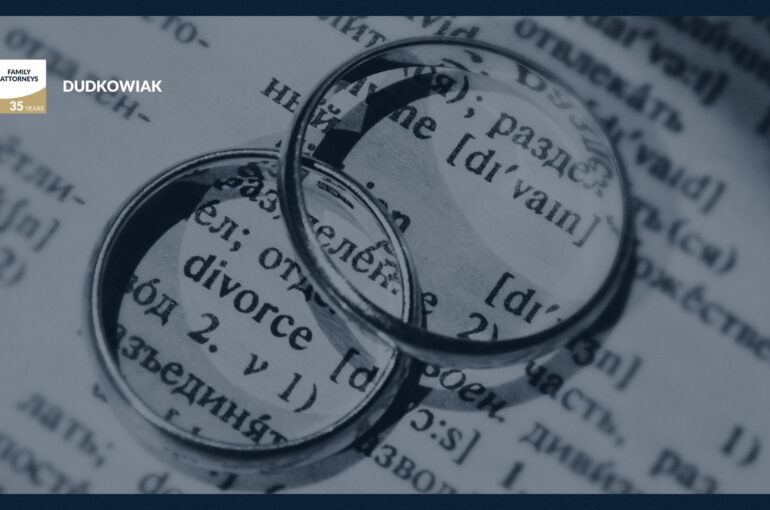Joint Property Regime in Poland: Which Assets Are Separate and Which Common?
The statutory joint property regime is the default marital property system that automatically applies to spouses upon marriage. However, it is not mandatory – couples may choose a different arrangement that better reflects their individual circumstances.
Under Polish law, the following types of contractual marital property regimes can be distinguished:
- Statutory joint property regime,
- Extended joint property regime,
- Limited joint property regime,
- Separate property regime – under which each spouse owns their assets independently,
- Separate property regime with equalization of accrued gains.

Marital Joint Assets in Poland – What Is Included?
When a marriage is entered into in Poland, the statutory marital joint assets regime arises automatically (unless spouses agree otherwise, for example via a prenuptial agreement), and it encompasses assets acquired by one or both spouses during the marriage.
These typically include salaries, income from business activities, as well as funds held in pension accounts, social security sub‑accounts, open pension funds (OFE) or employee pension funds (PTE). Any asset not expressly excluded from the joint regime may be treated as part of the spouses’ joint property.
Personal Assets of a Spouse – What Does It Cover in Poland?
A spouse’s personal assets cover assets, rights and claims that are not included in the joint estate and belong exclusively to that spouse. Under the Civil Code and Family and Guardianship Code provisions, these include:
- assets acquired before the marital joint assets regime onset (i.e., before the marriage),
- assets received through inheritance, legacy or donation, unless the donor/testator stipulated otherwise,
- property rights arising from joint ownership subject to special regulation,
- assets serving solely the personal needs of one spouse (e.g., clothing, books),
- inalienable rights (e.g., right to alimony),
- compensations for bodily injury or non‑material harm,
- claims for remuneration for work or other gainful activity of one spouse,
- awards for personal achievements of one spouse,
- copyrights, industrial property rights and other creator’s rights,
- assets acquired in exchange for personal assets – unless stated otherwise by law.

Remuneration for Work – Joint or Personal?
Although remuneration for work and income from other gainful activity appear as both possible components of joint property and of a spouse’s personal assets, the decisive factor is when the remuneration is obtained.
If the remuneration has already been received, it forms part of the marital joint assets; what counts is the receipt date, not the period for which the work was done. If the remuneration has not yet been received, it remains within personal assets, and only the spouse who performed the work may assert any related claim.
The concept of remuneration is broad: it is not limited to a standard employment contract or to basic salary. It includes income under contracts for specific tasks (umowa o dzieło), commission contracts (umowa zlecenie), service contracts, appointments, nominations; and additionally, bonuses, holiday pay equivalents, severances, pension/employment‑related payouts, awards (excluding those for personal achievements) and allowances.
Marital Assets – After Marriage and in the Event of Divorce in Poland
After marriage, a spouse’s personal assets remain their individual property – they do not become joint property automatically. Upon divorce or asset division, under Article 58 § 3 of the Family and Guardianship Code, the court may divide the joint estate within a divorce ruling if this does not cause undue delay.
Personal assets are not subject to division as part of the joint estate. If there is a dispute over whether a specific item belongs to personal property of one spouse, the spouse claiming it must prove their case.

Summary
In the context of marital joint assets in Poland, the key differentiation lies between joint property and personal property of each spouse. Joint assets automatically arise at marriage and cover assets acquired during the marriage (unless spouses have set out differently).
Personal assets remain wholly the property of one spouse – they may have been acquired before marriage, inherited, donated, or intended solely for that spouse’s personal needs. Especially for remuneration for work, the moment of receipt is decisive for classification into joint or personal property. Understanding these principles is important for prudent marital financial planning, as well as for situations of divorce or inheritance.


